

The Streets and Our Future
By edentu OROSO
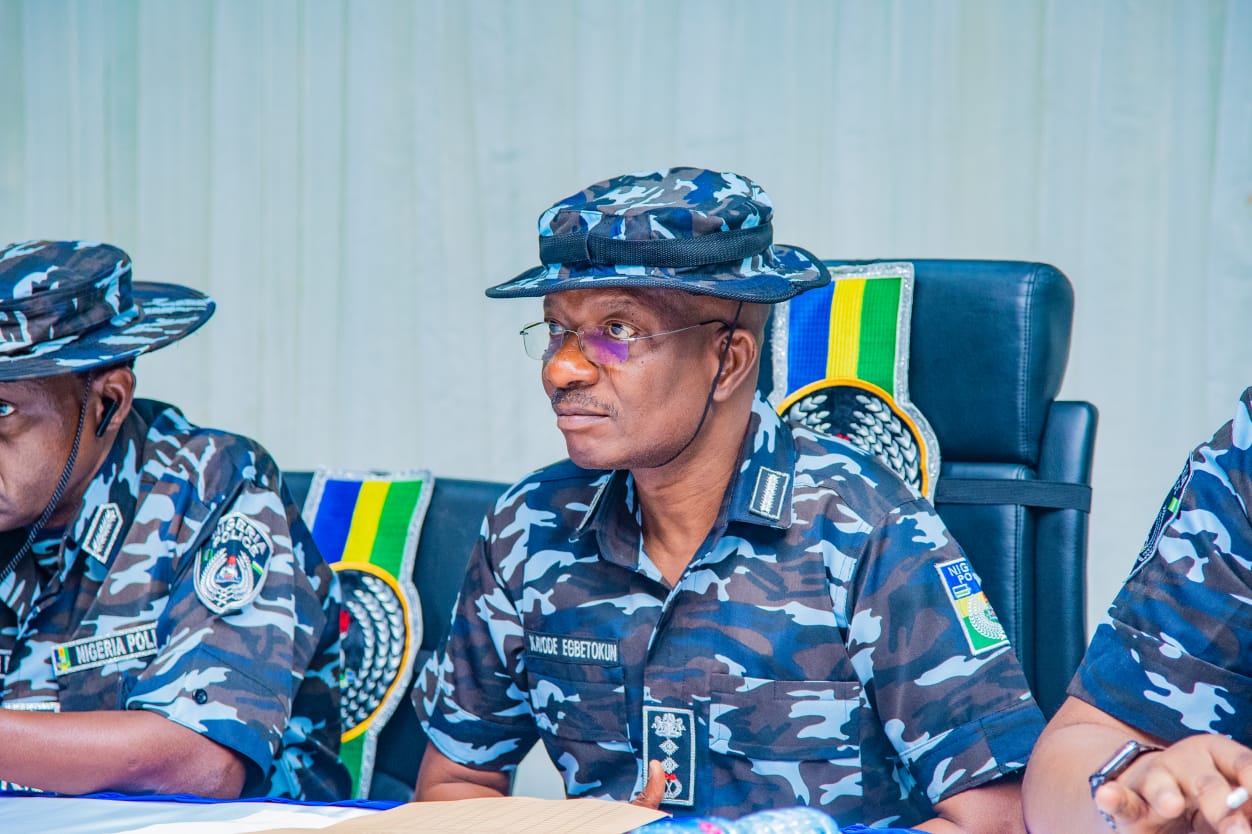 IGP, Olukayode Egbetokun
IGP, Olukayode Egbetokun
The streets are no longer quiet. They wail. Not just with the wind, but with sirens and shrieks, with the silence of mothers who have run out of tears. In Yenagoa, Bayelsa’s once breezy capital of mangroves and saltwater dreams, the streets now howl like haunted corridors, echoing the fury of unburied boys. There is a summoning in the air, a call from the deep, not to mariners, but to young bloodlust.
These streets inspire dread, not the mystical dread of deep waters, but the terror of a midday gunshot, the foreboding of walking home in broad daylight and not arriving. Their ways are murky, shapeless, unpredictable. A young man leaves his house for bread and vanishes into the dark breath of the city. He is found three days later behind on a street corner butchered like an erring dog, his throat cut, his body marked with the crude insignia of initiation.
Yenagoa’s streets, like so many across Nigeria, are now theatres of a slow, daily war. Blood splashes stains the pavements of Swali, Biogbolo, Kpansia, and Amarata every now and then. Teenagers heavy on colos or drugs wield machetes and guns like relics of revenge. The city is gradually slipping into the firm grip of a cultic haze. The “Greenlanders.” The “Vikings.” “The Bobos,” etc. It changes names, but not intent. The game is power. The drug is fear. The trigger is the new sacrament.
But amid this inferno, where are the police? When cultists strike in Yenagoa, they do not sneak in, they descend like a tempest, in droves. Guns slung like handbags. Faces bare, fearless. They shoot into the air with a confidence that mocks the very idea of law and order. And the police? Often outgunned, poorly renumerated, and ill-equipped, they retreat. In many instances, they become victims, ambushed on the streets, caught in crossfire, slain at checkpoints that stand no chance. You hear of police patrols retreating in shame as boys barely out of their teens unleash hell in broad daylight.
There are times, yes, when the police respond with matching fire, when bullets kiss bullets in bitter exchange. But even then, it is a battle of attrition. The cultists move like shadows, fed by inside intel, emboldened by political immunity. Their weapons are newer. Their intel is sharper. Their audacity is unholy. For every ten they kill, two are caught, paraded before cameras, then quietly returned to the streets after a call from “above.” And so the streets burn again.
The hood is no longer just a geographical space, it is a state of being, a dangerous fraternity of loss and illusion. It cradles many sons: the boy with nothing to lose, who sees in a gun the only form of inheritance; the politician’s son, too rich to be tamed, too hollow to be full; the dropout, the smart one, the abused, the angry, all drawn into a common fire. They seek validation, dominance, visibility. In a country where silence follows dreams, the scream of a bullet often feels like the only thing that echoes.
Those who cheer them on, the ones who drop brown envelopes behind tinted windows, who use these boys to rig votes, snatch power, silence rivals, they remain untouched. They sit in offices with ACs while boys spill blood for respect and crumbs. Cultism is no longer subculture, it is an intrinsic strategy. It is how poor boys mimic the ruthlessness of their masters.
A troubling alchemy has taken root. The boy who sees his House of Assembly representative drive past with a convoy of Hilux trucks knows exactly how he got there: through the streets. Not by reading, not by service, but by forging loyalty in fire. So what other path remains but that of the blade, the bullet, and the vow of blood?
Yenagoa bleeds, but it does not bleed alone. Every street in Nigeria, Makurdi, Owerri, Akure, Warri, has become a metaphor for broken promises. The roots of cultism are not just in cult shrines. They lie in our crowded classrooms, in homes without fathers, in governments that remember the youth only during campaigns. The streets mirror the collapse of the Nigerian soul. In every gunshot, one hears the echo of a failed school, a gutted hospital, a disillusioned prayer, governance gone awry.
I remember the haunting images from the streets too, Sai Street, North-Bank, Makurdi specifically. July 27, 2020. I watched a young boy convulse in his own blood. I heard a mother scream a name that would never answer again. I saw policemen arrive like men searching for ghosts they dared not confront. That evening, I knew: the streets had won again.
And now, Yenagoa walks that same road. If we keep ignoring the screams, one day we’ll call them songs. If we keep justifying bloodshed, we’ll forget the taste of peace. The streets are not calling anymore, they are condemning. And their sentence is always death.
The most dangerous men in this war are not on the streets. They wear white kaftans and thousand-watt smiles. They sit in high places. They wine and dine under chandeliers, away from the streets they have defiled. They are the real godfathers of this chaos. These are the ones who fund cultists during elections, who whisper instructions through intermediaries, who hand boys cash to burn ballot boxes or silence a rival. When the deed is done, they recline into their mansions, untouched, unbothered. Their children school abroad. Their wives post filtered selfies from Dubai and London. They are the ones who create monsters, then act surprised when the monsters tear down the town.
It is an anomaly. A profound madness. A country where those who keep the law are hunted, and those who break it are protected. Where the poor bury their sons, and the rich deliver campaign speeches. Where a policeman’s life is worth less than the bullet in his rifle. Where entire communities cower while teenage cultists declare curfews, exact vengeance, and settle scores without consequence.
And beneath it all, what fuels this fire? Poverty. Hopelessness. Betrayal. The absence of justice. The death of truth. When a society offers nothing to its young but hunger and humiliation, it should not act surprised when they return with rage. The cultists are not just criminals, they are symptoms. Of broken schools. Of stolen budgets. Of leaders who look away until the fire reaches their gates.
The bloodbathseon our streets does not hold true only on Yenagoa, but a general cankerworm in most towns and cities across the country. Every street in Nigeria, Makurdi, Owerri, Akure, Warri, bears this insignia of national failure. The raging cult war is not peculiar to Bayelsa, it is a mirror held up to a decaying nation. A nation that teaches its youth that survival is everything, and virtue is weakness.
The future our nation is the future of our streets, now a theatre of the macabre. Grieving parents have seen law enforcement become spectators. Parent’s have watched their children die for nothing. Until Nigeria stops treating its youth like cannon fodder, the streets will keep calling. Until we dismantle the unholy alliance between politics and violence, we will keep digging graves.
The streets are not just calling anymore. They are judging. They are asking: how long shall the innocent die while the guilty dine?
Until we answer that question with truth, not slogans, there will be no peace. Only more blood. And more silence.

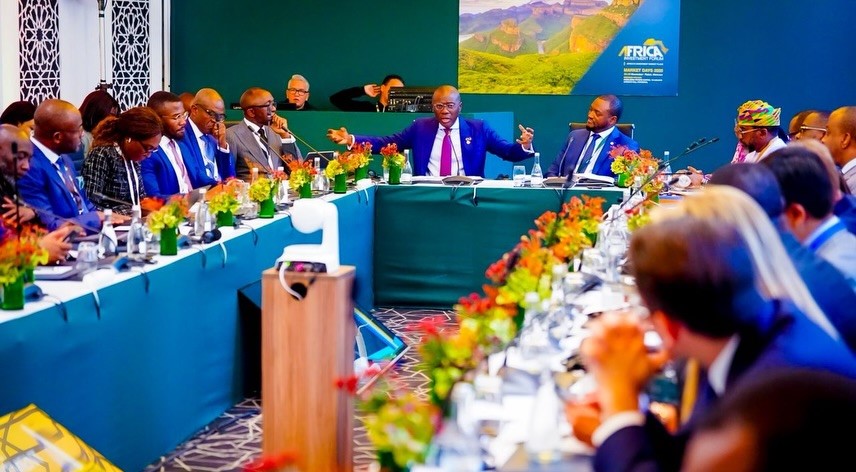
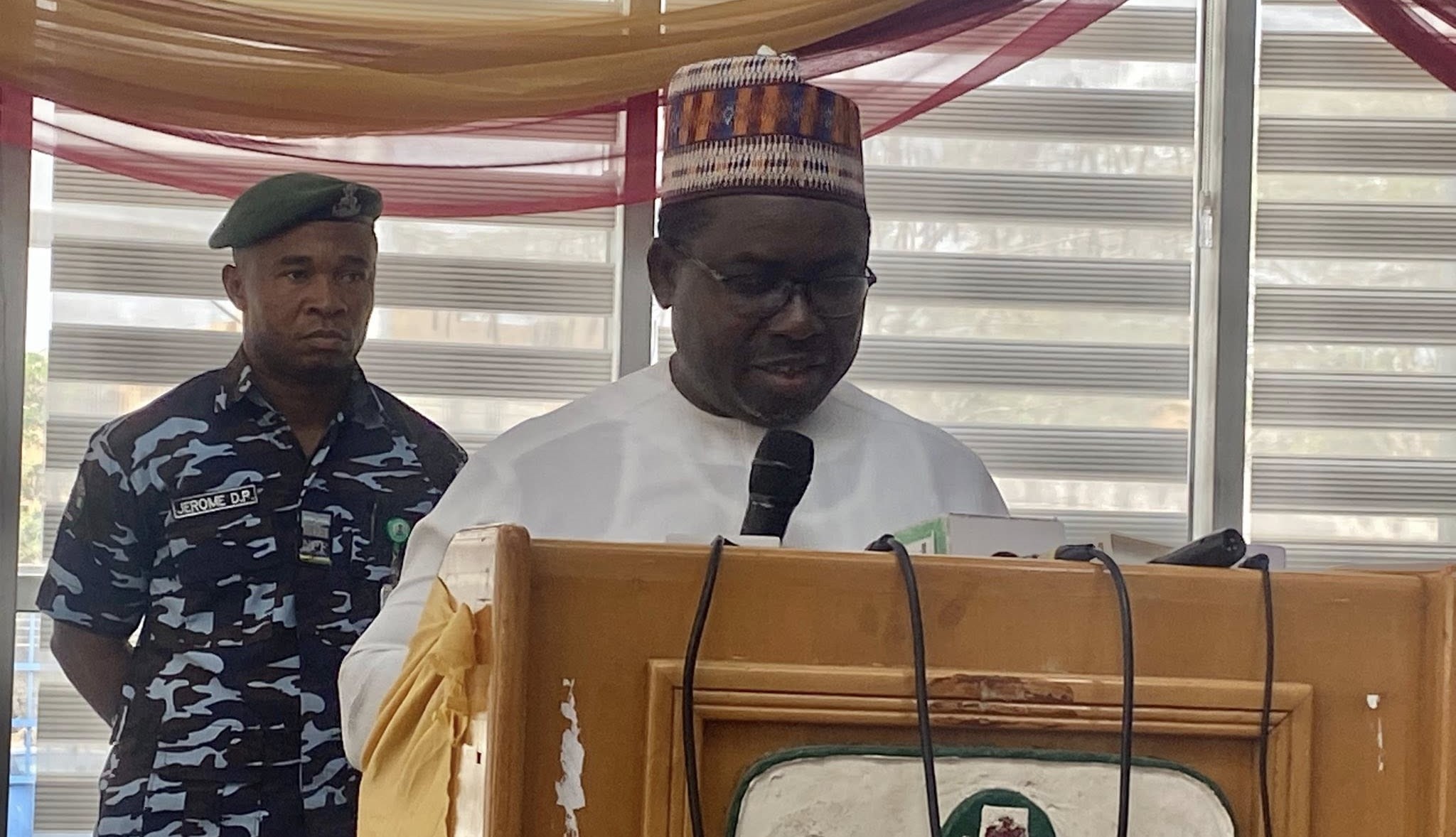
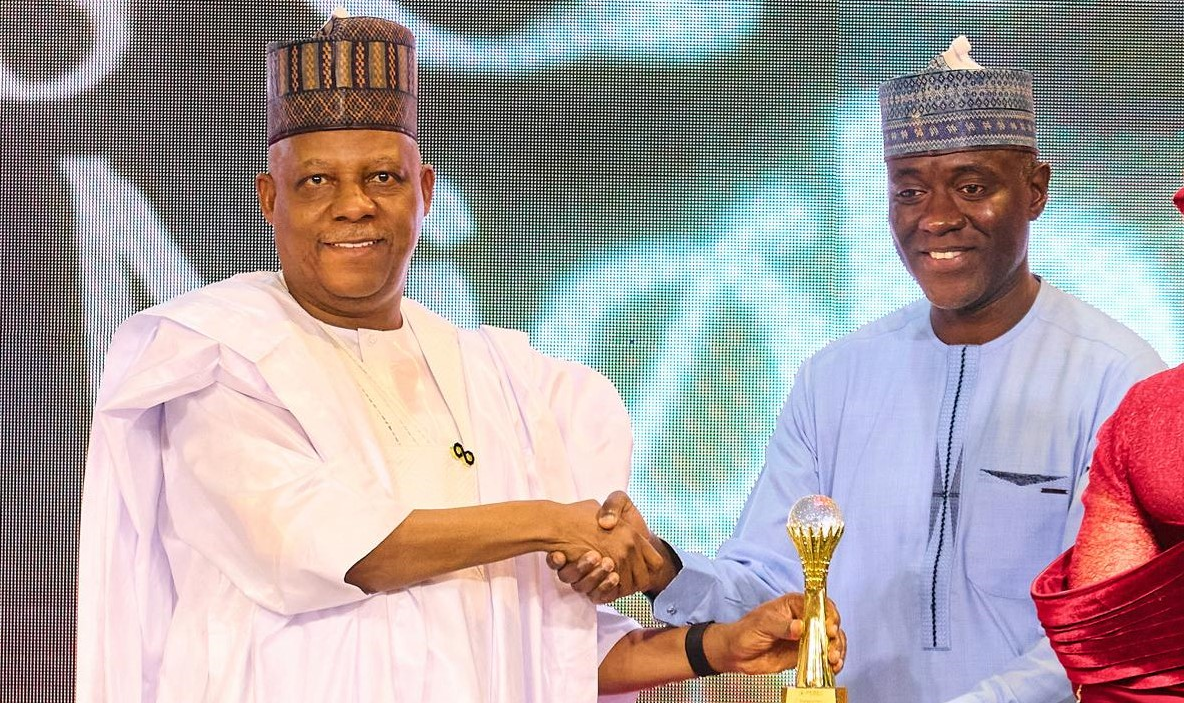

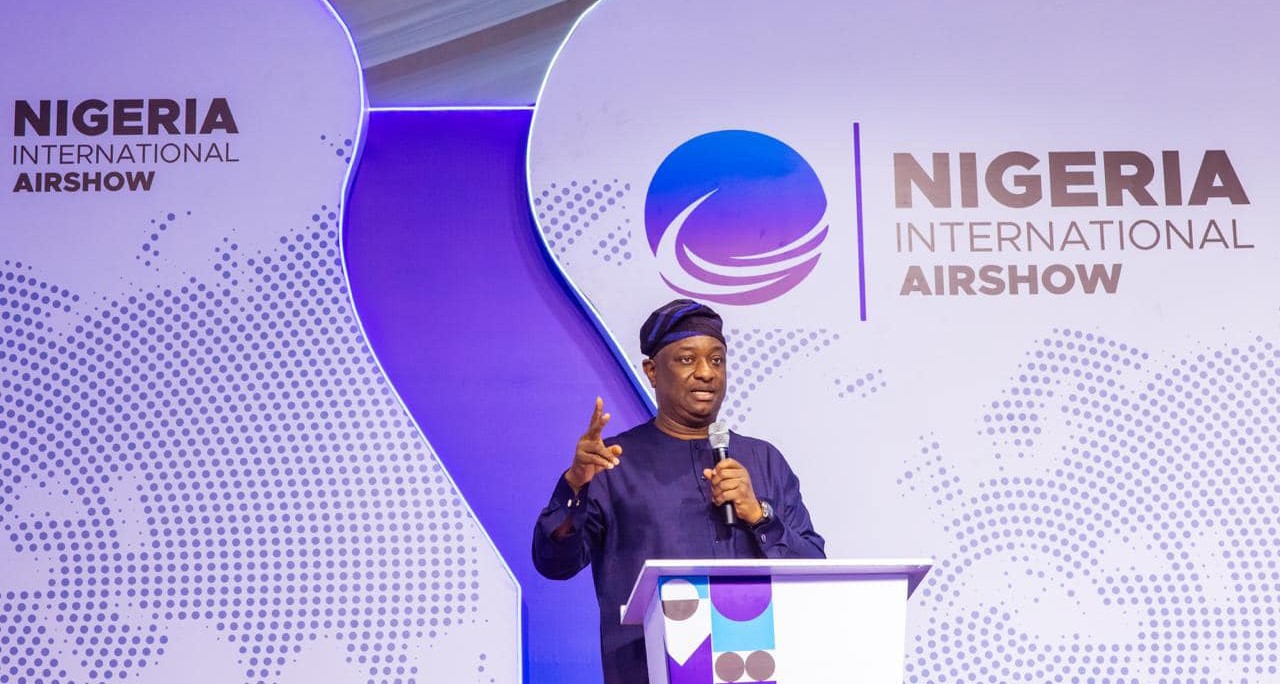

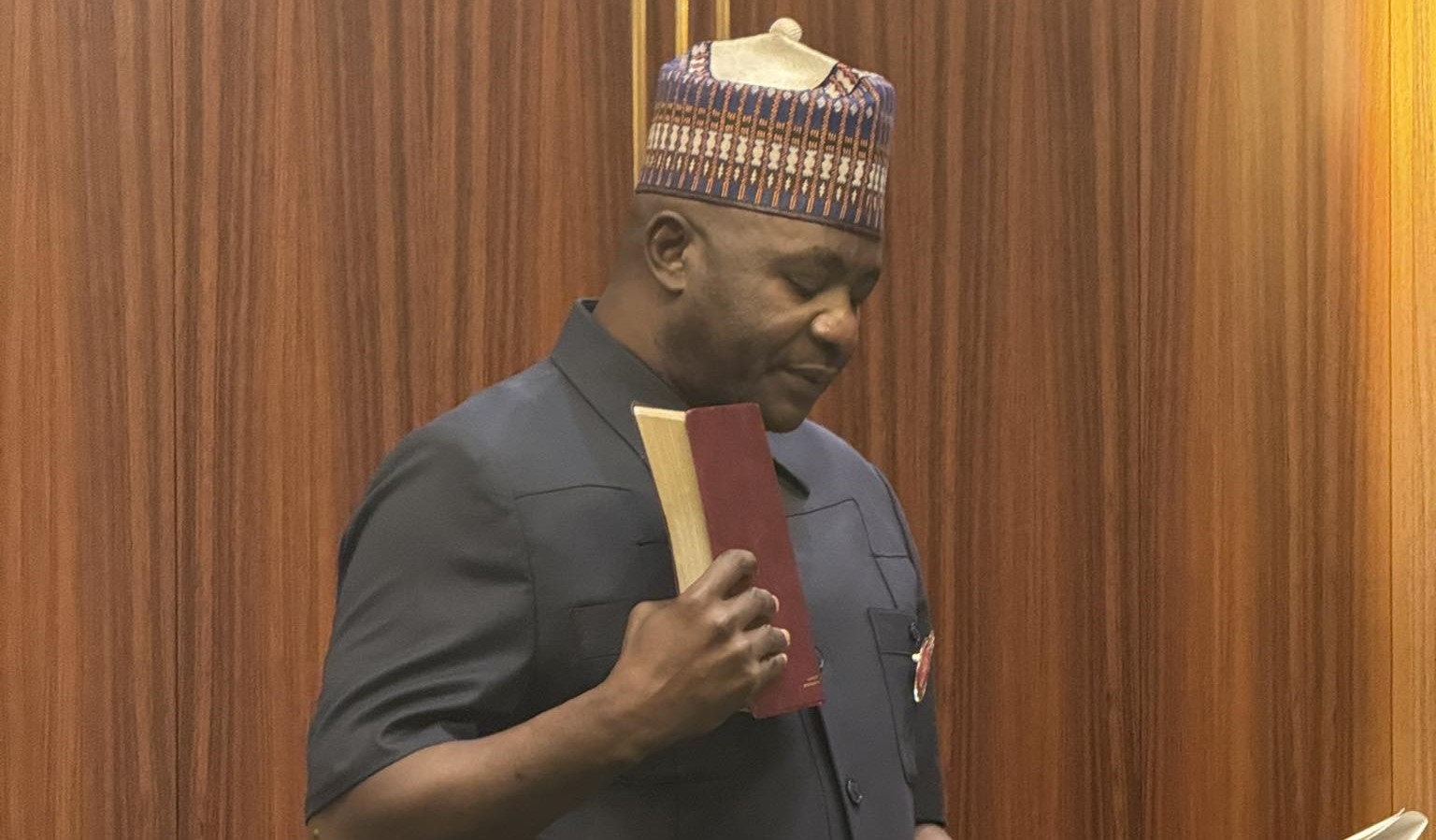
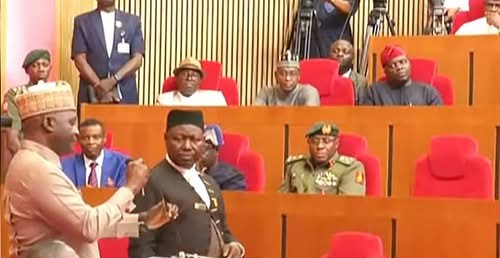
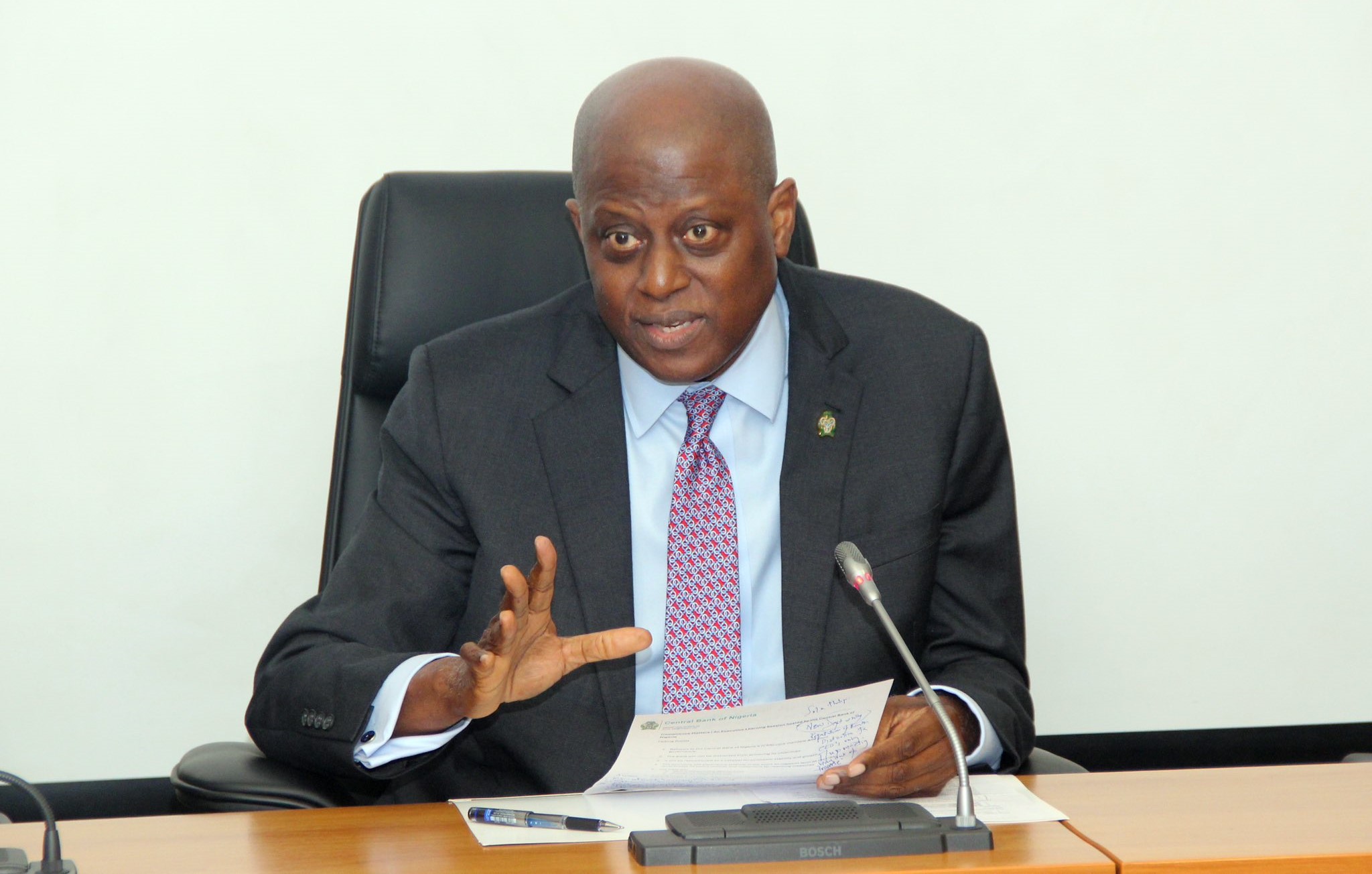
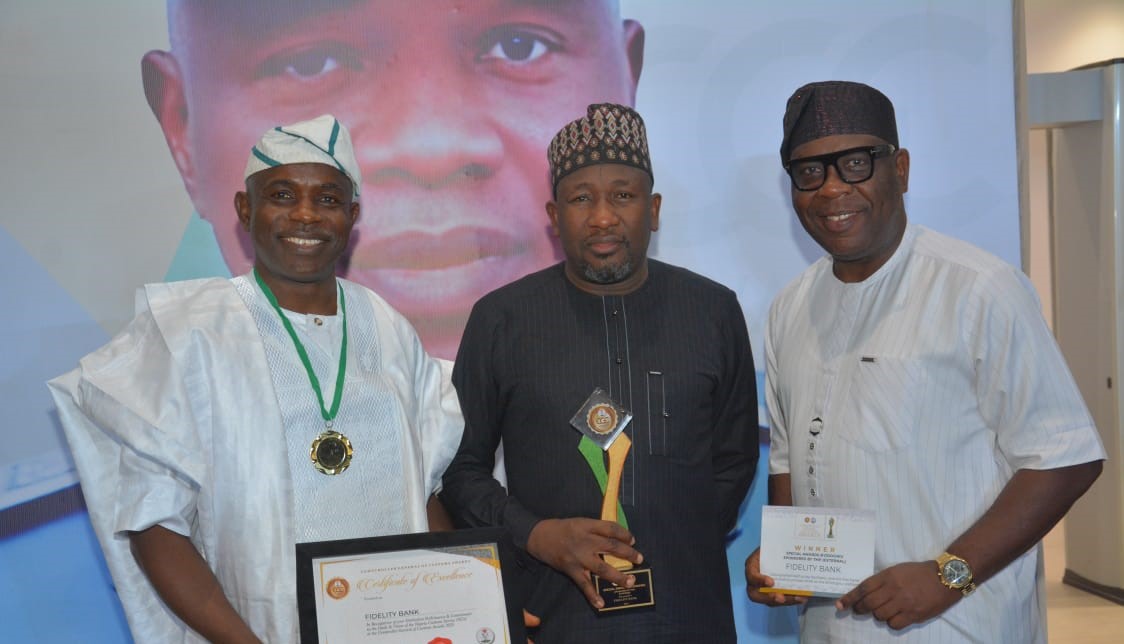
Comments
Be the first to comment on this post
Leave a Reply